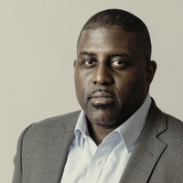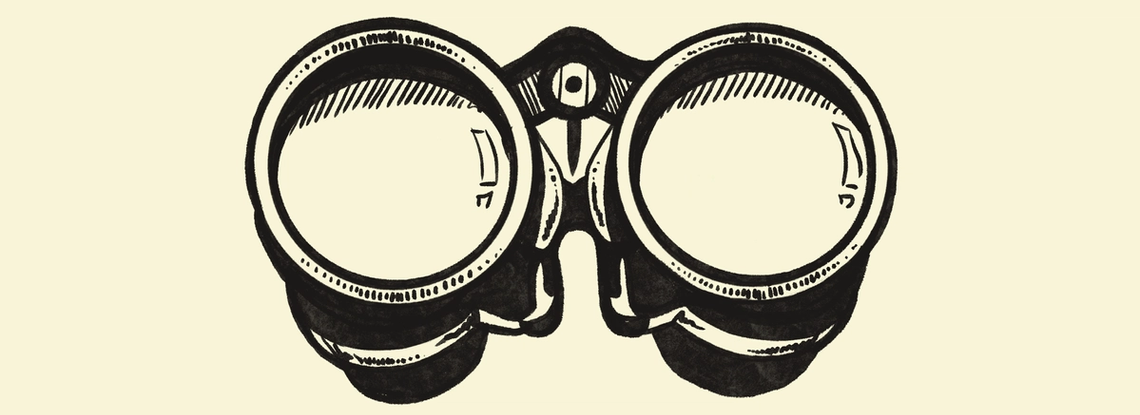 Olukayode Jaiyeola/NurPhoto via Getty Images Olukayode Jaiyeola/NurPhoto via Getty ImagesTHE NEWS LAGOS — Nigerian nurses are protesting new rules to prevent them working abroad for two years after completing their training — a rule imposed by authorities trying to stop the exodus of medical talent being mirrored across the continent. Hundreds of nurses picketed the health regulator’s offices in Abuja and Lagos in recent days, demanding the withdrawal of the policy announced last week and due to take effect in March. Governments across Africa are trying to tackle the problem of losing nurses and doctors who leave for jobs overseas that may pay as much as 50 times more. Several African countries — including Zimbabwe, Zambia and Rwanda — are on a list of 53 poorer nations whose loss of medical staff in this way has made their health systems vulnerable with fewer than the global median of 49 doctors, nurses and midwives per 10,000 people. It takes at least three years to complete nursing training in Nigeria. Under the new rules, newly qualified nurses must work in Nigeria for two years before they can apply for their licenses to be verified for use abroad. The verification process, which typically lasted two weeks, will now take a minimum of six months, the nursing and midwifery regulatory council said on Feb. 7. It also requires a character reference letter from employers, which nurses say could unduly empower superiors. KNOW MORE Entry level nurses in the U.K.’s National Health Service (NHS) start with a £28,407 ($35,660) annual salary. By contrast, a well-paying nursing job in Nigeria may offer 150,000 naira ($100) monthly but even that is typically a scarce government job or in a specialized private facility. It is more common to find offers around Nigeria’s minimum wage of 30,000 naira, nurses say. Nigeria had 1.6 nurses and midwives per thousand people three years ago, according to the World Bank. Meanwhile, data from Britain’s nursing council regulatory body shows a surge in the number of Nigeria-educated nurses in the U.K. over recent years. They nearly quadrupled to 10,639 between March 2018 and last year, the body’s data shows. Only India and the Philippines had more foreign educated nurses in the U.K. within the period. ALEXANDER’S VIEW The nurses’ revolt is lively evidence of deep anxiety among young Nigerian workers trying to figure out a future away from the soaring hardship in the country. Doubtful of the government’s intention to solve their problems, they are vigorously defending the freedom to ‘japa’ — literally to flee — as being as fundamental as the right to life. Rising inflation and an accelerated depreciation of the naira currency have sparked a cost of living crisis in the last 12 months. For some nurses, these conditions which have persisted for years prompt a search for options elsewhere. Inem Etuk, 28, started working as a nurse in Nigeria in 2018 on a 25,000 naira a month salary. She left for Canada two years ago even at the steep cost of 35,000 Canadian dollars ($26,000) for university fees and travel costs. “I just felt nursing in Nigeria wasn’t progressing,” Etuk, who said she was laughed at for wanting to be a forensic nurse in Nigeria, told me. She hopes this week’s protests will amplify a need for reform, which should include plugging loopholes that allow the prevalence of unqualified nurses who work informally, driving down pay at hospitals. | 








